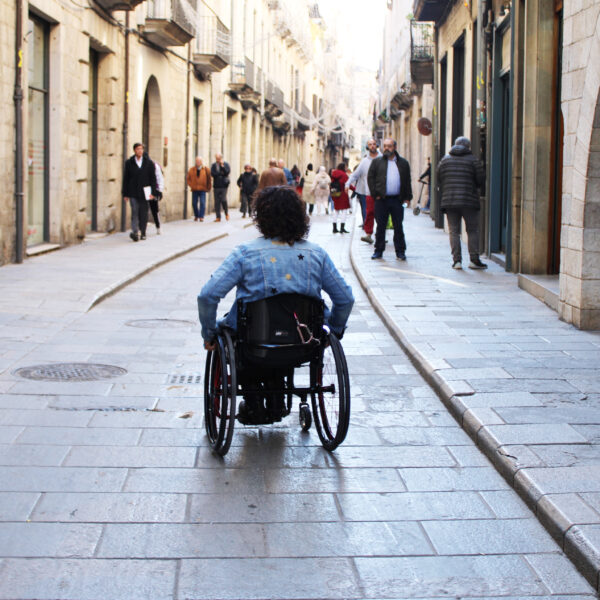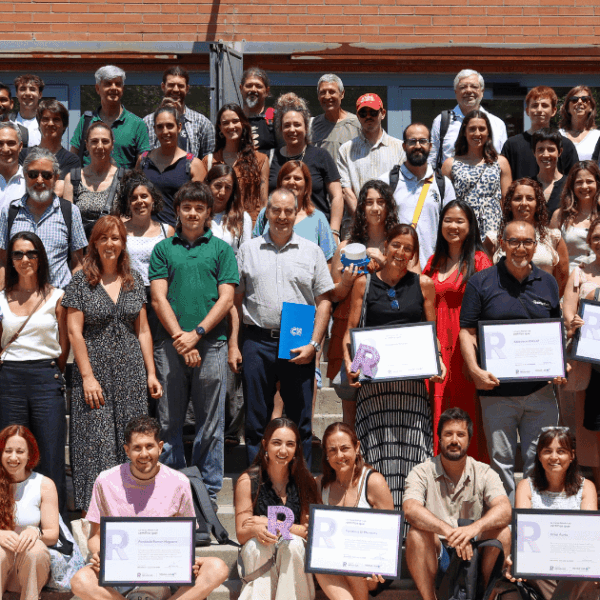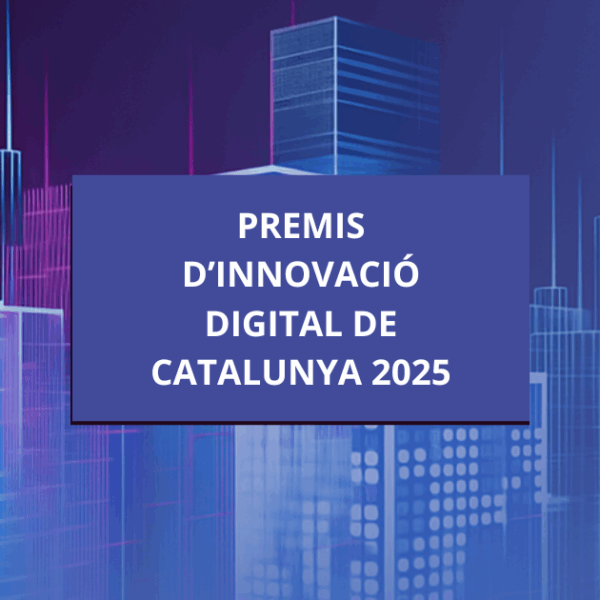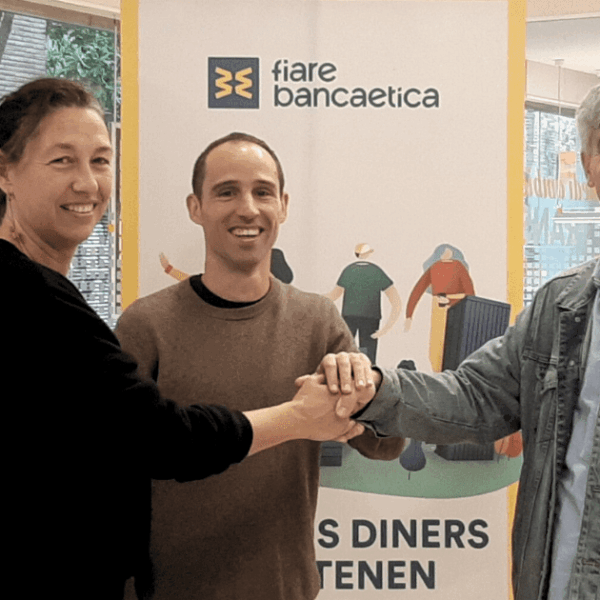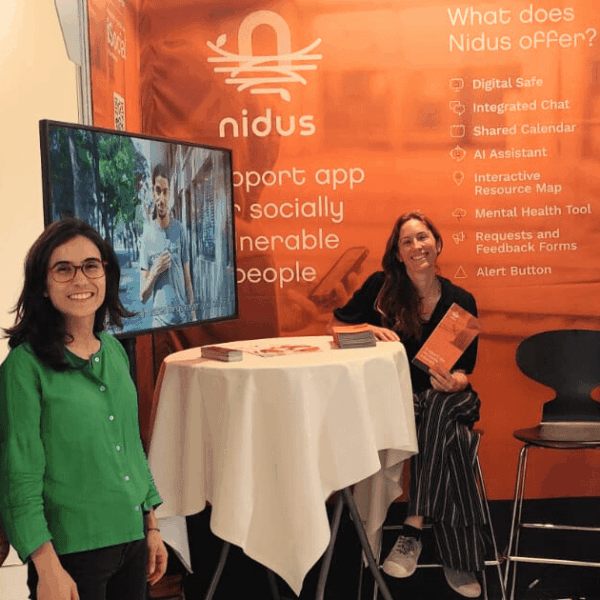Training for Community Activators in the DISS Alt Pirineu-Aran Project
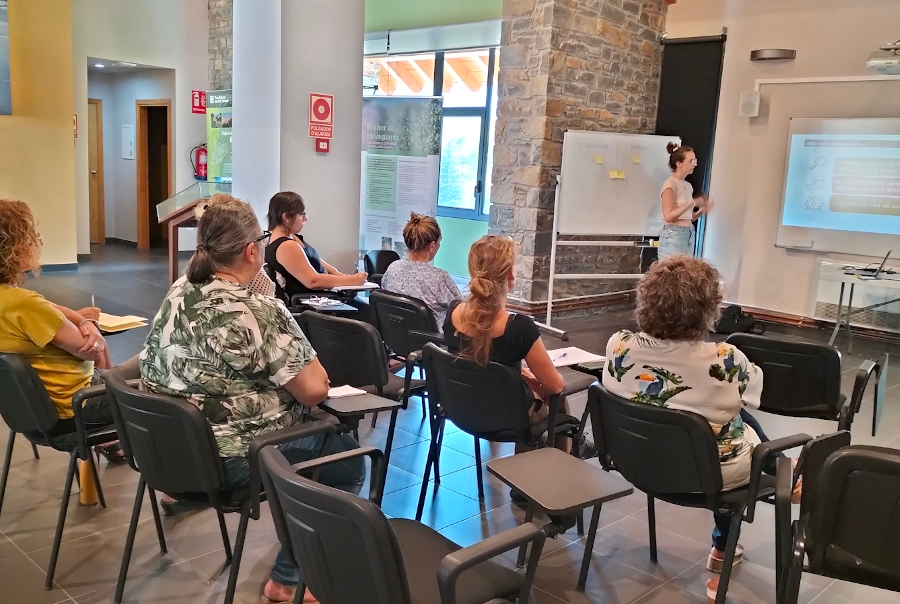
Training for Community Activators in the DISS Alt Pirineu-Aran Project

The DISS project aims to combat unwanted loneliness in the six regions of Alt Pirineu-Aran. The training took place between October 2 and 5 in Sort
The pilot project for the Detection and Social Intervention of Unwanted Loneliness (DISS) in the elderly population of Alt Pirineu and Vall d’Aran takes its first steps with training sessions for community activators, held between October 2 and 5 in Sort.
The region of Alt Pirineu-Aran is home to some of the most aging areas in Catalonia: Alt Urgell, Cerdanya, Vall d’Aran, Pallars Sobirà, Pallars Jussà, and Alta Ribagorça. In this context, the issue of unwanted loneliness in the elderly is a prevalent concern for the social services in the region. However, addressing this problem is not easy, as social services professionals often find themselves lacking the appropriate resources and methodology to tackle the situation.
The training that took place from October 2 to 5 aims to address this problem by introducing Auzosare (formerly known as Tecnoadineko), an intelligent technology-based tool that enables the detection, community activation, and intervention in cases of unwanted loneliness. The system was developed by the Basque social cooperative Agintzari, a member of iSocial, and the technology company Gislan, with the support of BBK and the European Union. It has been successfully applied for eight years in various municipalities in the Basque Country. Now, the iSocial Foundation is coordinating its implementation in Catalonia with this pilot project in Alt Pirineu-Aran.
The training was conducted by Olaiz Gorrino, from the Basque social cooperative Agintzari. Three community activators hired for the project through three local entities, namely the Integra Pirineus Foundation, the Welfare and Development Association (ABD), and the Alba Jussà Cooperative, participated in the sessions. Some of the sessions also had the involvement of the coordinators of the social services of the regions involved and their technical teams.
The sessions were held at the facilities of the Pallars Sobirà County Council, providing the framework for the project just before the commencement of the first phase of the pilot, which will be rolled out in one municipality in each of the six regions in the coming weeks.
Actualitat


